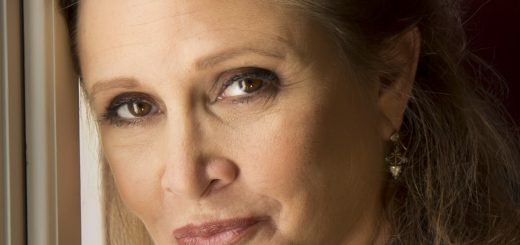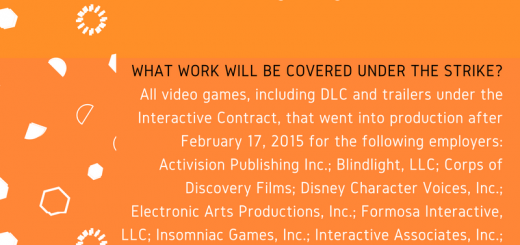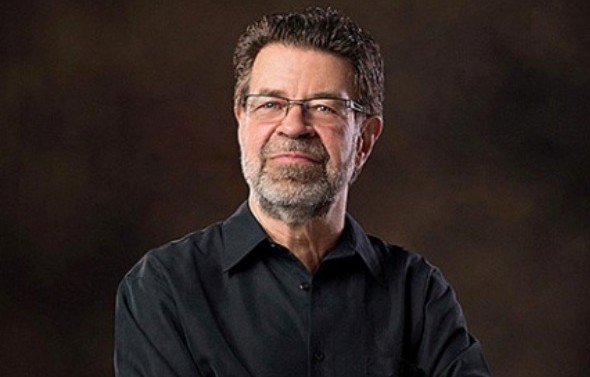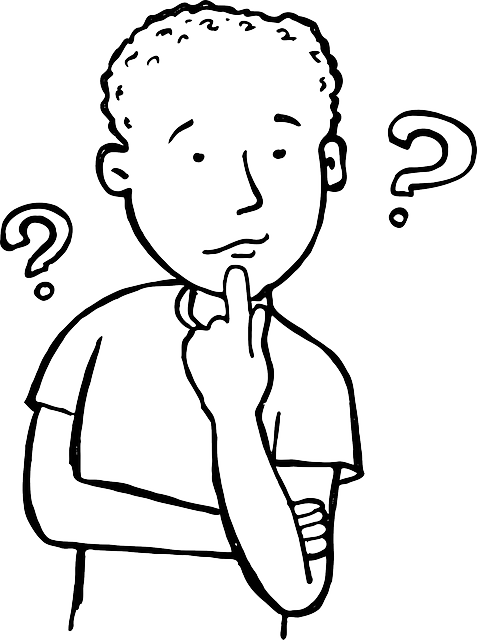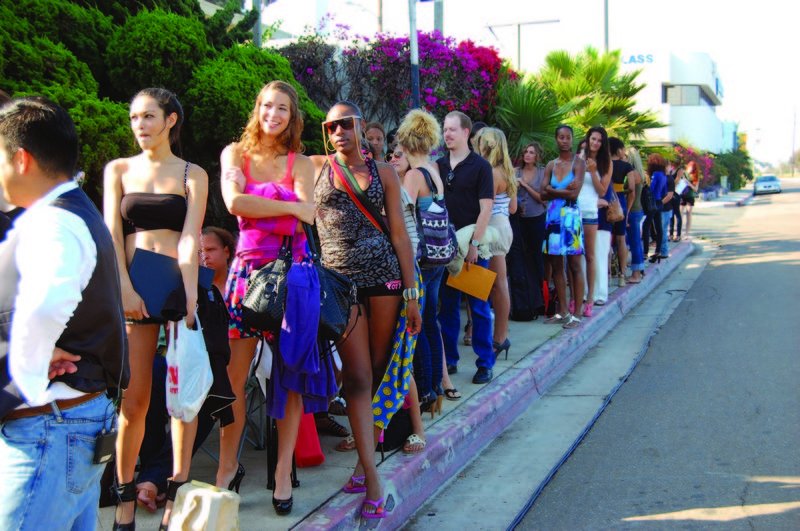A Look Into the ElevenLabs Lawsuit
A Look Into the ElevenLabs Lawsuit
The battle for voice actors’ agency over their own voices continues. On September 4th, AI audio platform ElevenLabs was sued by two voice actors, two authors, and a publisher. Let’s look into this complaint and explain why it matters.
What is ElevenLabs?
ElevenLabs provides text-to-speech software using realistic voices, many of which are based on real individuals. It was founded in 2022, and the beta platform was released in January 2023. The website currently supports up to 28 languages. Originally, the app launched with nine default voices. There are currently thousands of voices available.
ElevenLabs is a successful platform, with over one million users registering between its launch and June 2023. While it’s grown a lot quickly, it’s also had several controversies. One example involves internet trolls using these voices to make hateful comments.
Another controversy is when someone votes during the 2024 New Hampshire Democratic primary. Many voters received a call from President Joe Biden’s deep, fake voice, who told them to skip voting on the day of the primary.
Now, the AI company is in hot water again due to his lawsuit.
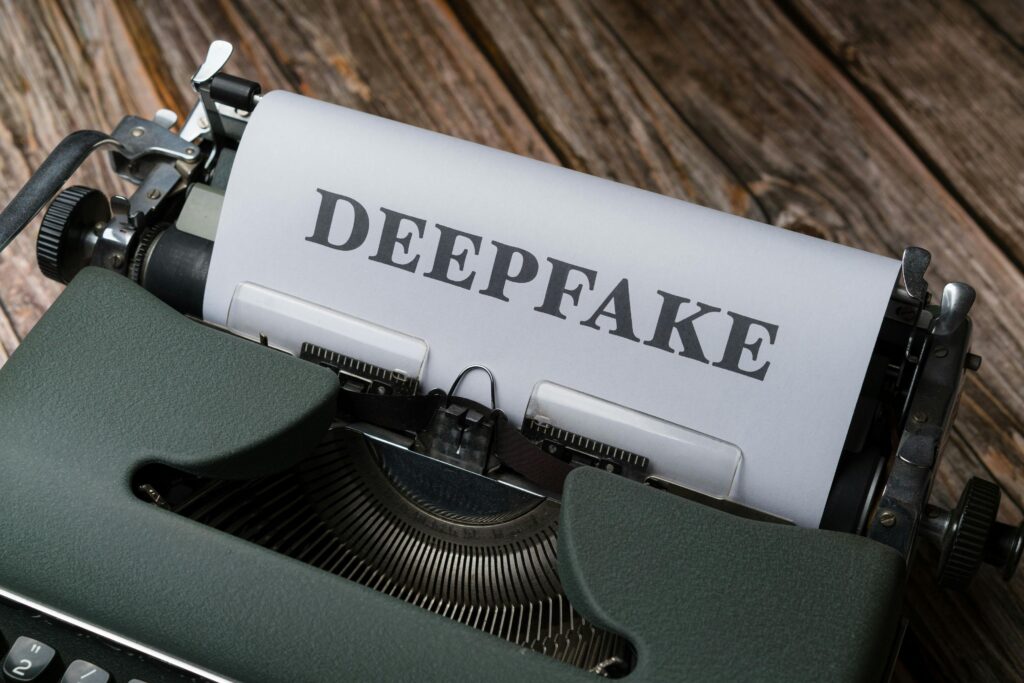
Who is Suing ElevenLabs?
A group of people is suing ElvenLabs. First, two voice actors, Karissa Vacker and Mark Boyett, are involved in this suit. Both actors’ work focuses on audiobook narration, and many of the narrations are available on platforms such as Audible.
Next are two authors, Brian Larson and Vaughn Heppner. Both authors write fantasy and sci-fi books. Boyett has narrated books from both of these authors.
Finally, Larson’s publisher, Iron Tower Press, Inc., is suing.
What is the Lawsuit About?
Like most AI voices, these voices are trained based on samples of real people. Two voices ElevenLabs provides, “Adam” and “Bella,” are alleged to be based on Boyett and Vacker’s voices. The lawsuit asserts that ElevenLabs used recordings from several audiobook narrations of both actors to develop these voices.
As a response, ElevanLabs seems to have removed the “Bella” voice. The lawsuit claims the Bella voice captured every aspect of the actor, including her style. While the voices have been removed, the Bella voice is still heard across several YouTube videos.
If you want to decide for yourself, you can find Vacker’s audiobooks here. If you don’t have an Audible account, you can play a sample and decide for yourself.
Meanwhile, the Bella voice can be heard here.
The lawsuit asserts claims of invasion of privacy. This invasion of privacy is through the misappropriation of her likeness and right of publicity. These claims are based on Texas common law and unjust enrichment under Texas law.
Meanwhile, Boyer is suing for misappropriation of his likeness and publicity rights, citing New York Civil Rights Law § 51.
Finally, the writers and publishers are claiming ElevenLabs violated the DMCA’s anticircumvention provisions, 17 USC §§1201-1203. These provisions declare that it is unlawful to use technology to circumvent copyright protections of copyrighted media. This is because the voice training used copyrighted works.
What Does the Lawsuit Demand?
The plaintiffs are requesting that ElvenLabs stop creating and distributing voices in Vacker’s and Boyett’s voices. This lawsuit also requires ElevenLabs to instruct its users not to create “Bella,” “Adam,” or similar voice clones.
The lawsuit also demands that ElevenLabs pay the parties profits earned from the Bella and Adam voices. In addition, the lawsuit includes several other monetary compensation demands, including attorney fees, post-judgment interest, and more.
Just One Lawsuit of Many
This lawsuit is just one of many due to the AI boom. Another example is the case of Paul Skye Lehrman and Linnea Sage, who sued AI company Lovo for cloning their voices when they were told that these clips would be for internal research.
Not all voice actors are against AI cloning. For example, before he passed away, actor James Earl Jones agreed to use an AI of his voice to continue voicing Darth Vader in any future Star Wars projects. While some voice actors may argue that this move prevents passing the torch to aspiring actors, Jones gave permission.
Many actors are looking for this. They want AI companies to ask permission to use their voices and to compensate them fairly whenever their voice is used for a project. In addition, many voice actors want the final say on when and where their voice gets used.
What are your thoughts? Let us know in the comments below.


